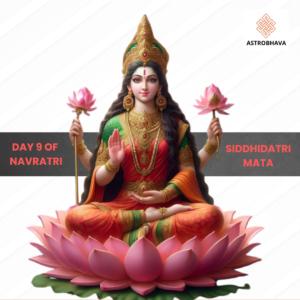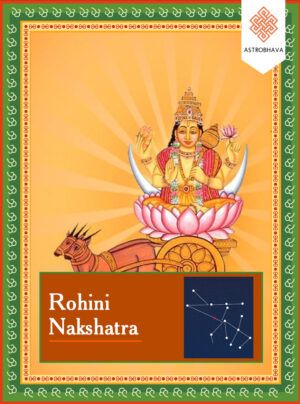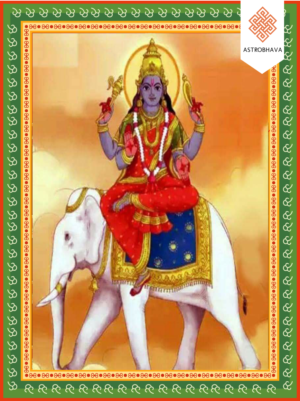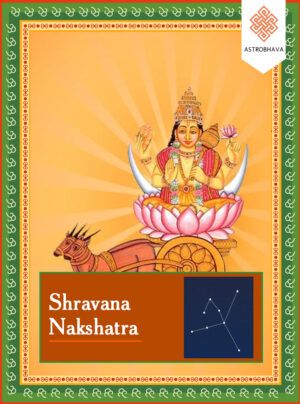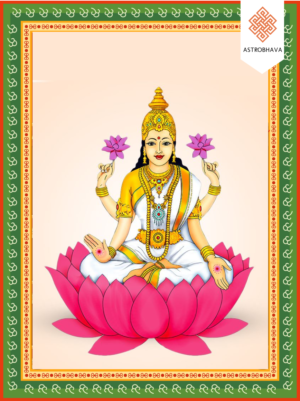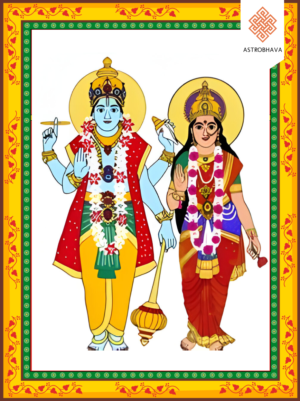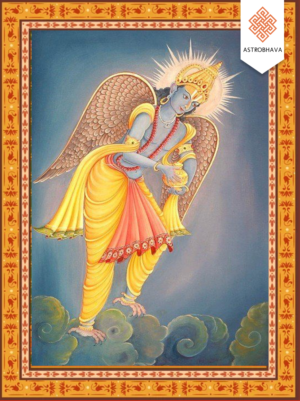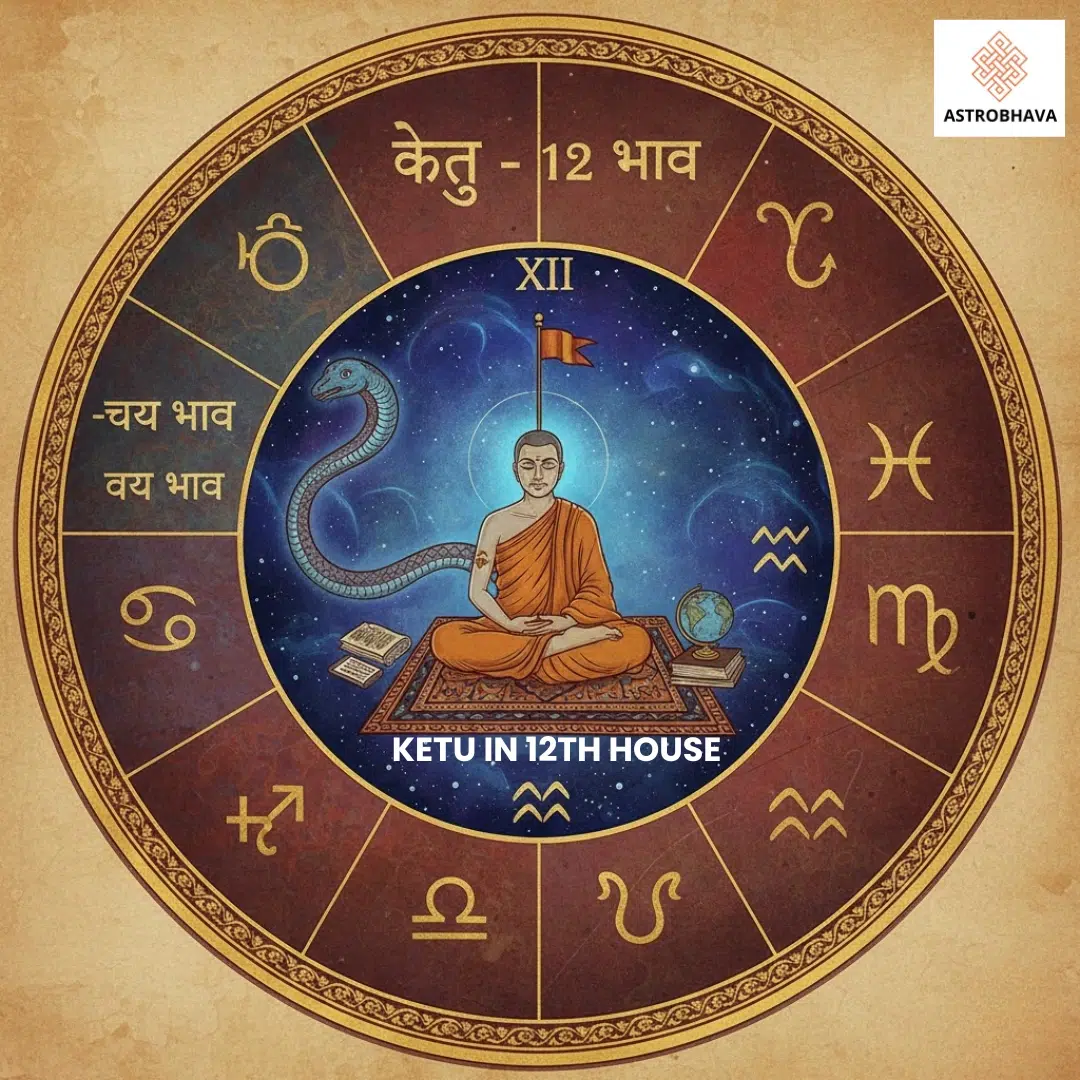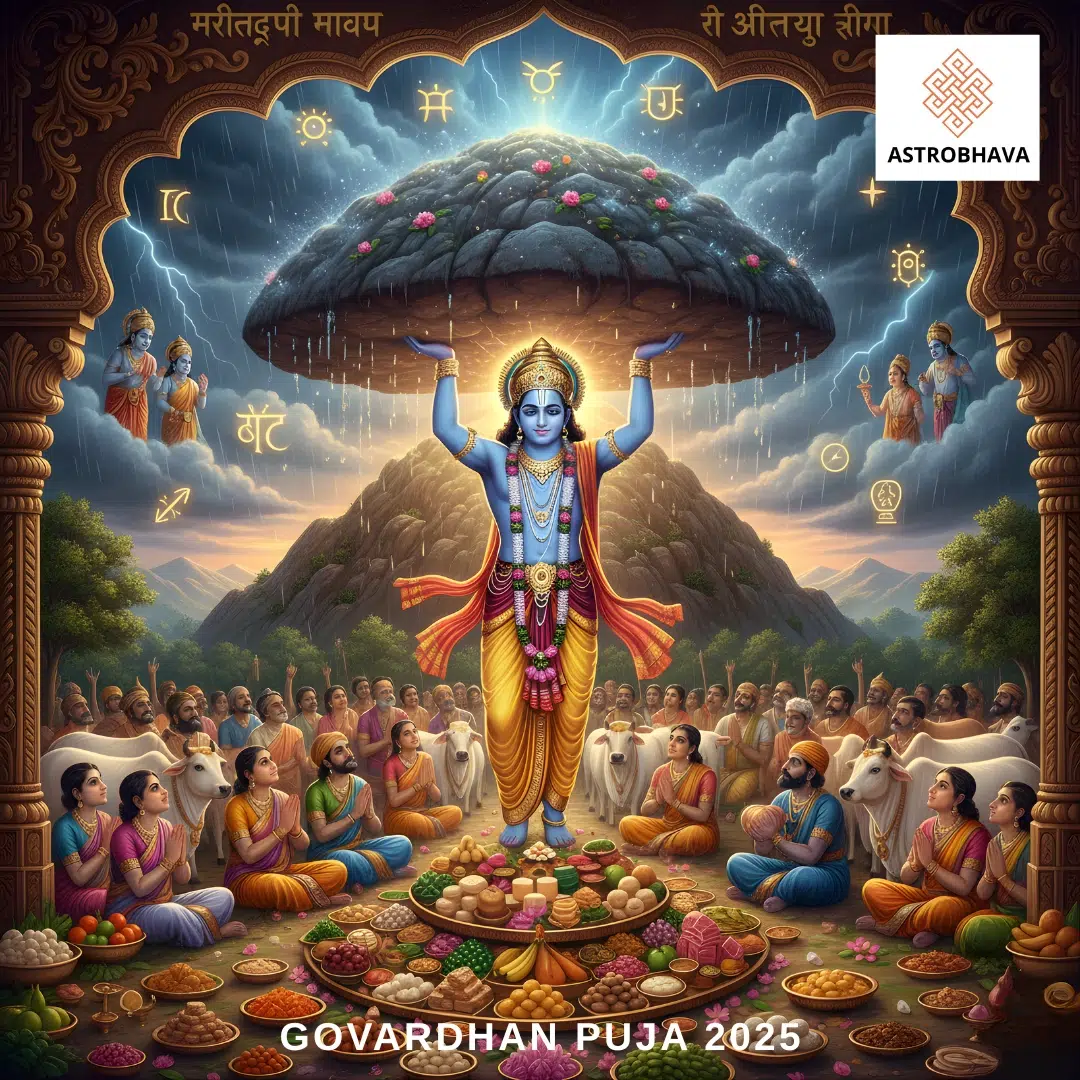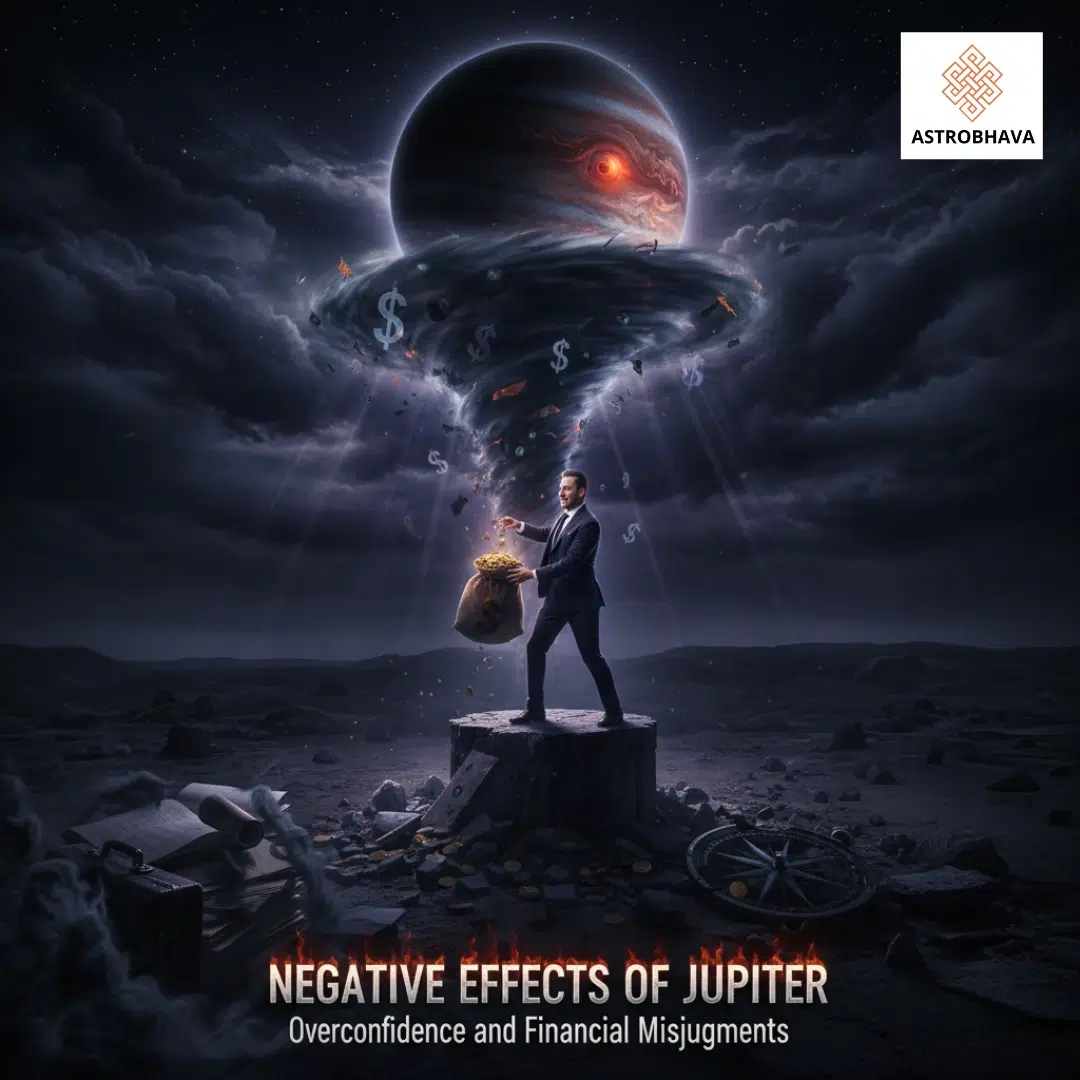Ganesha Visarjan 2025: How to Perform It?

Ganesha Chaturthi is one of the most vibrant and spiritually significant festivals in Hinduism. It marks the birth of Lord Ganesha, the son of Lord Shiva and Goddess Parvati, who is revered as the remover of obstacles (Vighnaharta), the giver of wisdom (Buddhi Pradaayaka), and the lord of prosperity (Siddhi Vinayaka). The festival, celebrated with grandeur, concludes with the ritual immersion of the idol known as Ganesha Visarjan.
In 2025, Ganesha Visarjan falls on September 6, 2025, which is Anant Chaturdashi. Devotees across India and around the world will come together to bid farewell to Lord Ganesha with prayers, music, devotion, and a promise to welcome Him again next year.
This guide explains the significance, preparations, step-by-step rituals, eco-friendly practices, and essential dos and don’ts of Ganesha Visarjan 2025.
Significance of Ganesha Visarjan 2025
The ritual of Ganesha Visarjan carries profound spiritual, cultural, and philosophical importance. While at the surface it may appear as a simple immersion of the idol, its meaning runs much deeper—it reflects the eternal principles of life, death, and rebirth, as well as the transient nature of material existence.
The idol of Lord Ganesha, usually made of clay, represents the divine energy that takes form in the physical world. When the idol is installed on Ganesh Chaturthi, it symbolizes the divine taking residence in our homes and hearts. When the idol is immersed back into water during visarjan, it signifies the cosmic truth that everything that emerges from nature eventually dissolves back into it. This eternal cycle of creation, preservation, and dissolution (Srishti, Sthiti, and Laya) is the foundation of Hindu philosophy.
Deeper Symbolism of Visarjan
- Expression of Gratitude
During Ganesha Chaturthi, devotees worship Lord Ganesha for prosperity, wisdom, and the removal of obstacles. The visarjan ritual is the final act of thanksgiving, where devotees acknowledge the blessings received during the festival and express deep gratitude before bidding farewell. - Lesson of Detachment (Vairagya)
In Hindu philosophy, attachment to material objects is seen as a cause of suffering. Ganesha Visarjan teaches us the importance of detachment. Even though families lovingly worship the idol for days, they must ultimately let go of it. This act reminds us not to cling to temporary forms, no matter how dear they are, and to understand that the divine is beyond physical presence. - Reminder of Transience (Anitya)
The immersion signifies that all worldly possessions, relationships, and even life itself are temporary. Just like the idol dissolves into water, so too does the human body return to the five elements. However, the divine presence and blessings of Lord Ganesha remain eternal. - Unity with Nature
The clay idol, once dissolved in water, becomes part of the environment again, symbolizing the return of the divine essence to the cosmic whole. It conveys that humans are inseparable from nature, and respecting this balance ensures harmony in life. - Cycle of Rebirth
Hindu scriptures often describe life as a cycle of birth and death, governed by karma. Visarjan reflects this principle—just as Lord Ganesha departs at the end of the festival, He is invited again the following year. This cycle strengthens the belief that endings are not final, but rather a new beginning in disguise.
Significance in 2025
In 2025, Ganesha Visarjan falls on September 6, 2025 (Anant Chaturdashi). However, many families will also perform visarjan earlier, depending on their tradition—on the 1.5th day, 3rd day, 5th day, or 7th day. Each visarjan day carries its own meaning:
- 1.5-Day Visarjan – Popular in Maharashtra, symbolizing a short yet powerful stay of Lord Ganesha, bringing instant blessings.
- 3-Day Visarjan – Represents the three aspects of divinity—creation, preservation, and destruction.
- 5-Day Visarjan – Associated with the Pancha Tattvas (five elements) of nature.
- 7-Day Visarjan – Linked to the seven chakras of the human body, symbolizing spiritual awakening.
- 10-Day Visarjan (Anant Chaturdashi) – Considered the most auspicious, as Lord Ganesha is worshipped in his complete form before returning to the cosmic universe.
Thus, the visarjan in 2025 is not merely a ritual but a reminder to live with gratitude, embrace detachment, and recognize the eternal presence of the divine in every aspect of life.
Preparations for Ganesha Visarjan
Before starting the visarjan rituals, devotees prepare with deep devotion and careful arrangements. Some important preparations include:
- Puja Samagri (Puja Materials): Flowers, betel leaves, betel nuts, coconuts, fruits, incense sticks, diyas, camphor, turmeric, kumkum, and sweets like modaks.
- Eco-Friendly Idol: In 2025, the emphasis is on using clay idols that dissolve quickly in water to prevent environmental damage.
- Kalash (Sacred Pot): A pot filled with clean water or Gangajal is kept ready, especially for those performing visarjan at home.
- Decorated Setup: The idol is adorned with garlands, tilak, and ornaments before immersion.
- Community Participation: Family members, relatives, and devotees gather together, singing devotional songs and chanting mantras.
Step-by-Step Rituals of Ganesha Visarjan 2025
1. Final Aarti and Puja
The visarjan begins with a final Ganesh aarti, where devotees light diyas, incense sticks, and camphor. Songs and mantras such as “Ganpati Bappa Morya, Pudhchya Varshi Lavkar Ya” are chanted with devotion.
2. Offering of Prasad
Lord Ganesha’s favorite offerings—modak, laddoo, coconut, and fruits—are presented as prasad.
3. Pushpanjali (Offering of Flowers)
Devotees offer flowers, akshat (rice grains), and prayers at the idol’s feet, seeking blessings for health, wealth, and prosperity.
4. Tilak and Farewell Prayers
A final tilak of turmeric and kumkum is applied to the idol. Devotees bow their heads, asking forgiveness for any shortcomings during the festival and praying for the lord’s return.
5. Procession of Devotion
The idol is carefully lifted and placed on a beautifully decorated platform or vehicle. Devotees sing bhajans, chant mantras, and dance with joy while escorting Lord Ganesha to the immersion site.
6. Immersion Ritual
At the water body (river, lake, or sea), prayers are offered. Devotees request Lord Ganesha to take away their sorrows and obstacles and bless them with wisdom and prosperity. The idol is then gently immersed into the water.
For those who cannot immerse in natural water bodies, a home visarjan can be performed by immersing the idol in a tub or bucket filled with Gangajal.
7. Final Prarthana (Prayer)
After immersion, devotees fold their hands and pray for Lord Ganesha’s blessings to remain throughout the year. Prasad is then distributed among family, friends, and neighbors.
Eco-Friendly Ganesha Visarjan 2025
With environmental awareness increasing, eco-friendly visarjan is gaining popularity in 2025. Devotees are encouraged to:
- Use clay idols that dissolve naturally in water.
- Perform visarjan in artificial immersion tanks provided by municipal authorities.
- Choose symbolic visarjan at home in a kalash or bucket with sacred water.
- Avoid idols made of plaster of Paris (POP) or painted with toxic chemicals.
This practice ensures the preservation of aquatic life and prevents pollution of rivers, lakes, and seas.
Dos and Don’ts During Ganesha Visarjan from an Astrological Perspective
While Ganesha Visarjan is primarily a devotional and cultural practice, Vedic astrology assigns deep symbolic importance to it. Lord Ganesha is considered the Vighnaharta (remover of obstacles) and the ruling deity of Ketu (the karmic planet), as well as being associated with Budha (Mercury), which governs intellect, communication, and wisdom. Performing visarjan with the right astrological understanding can help devotees align with planetary energies, dissolve karmic blockages, and attract blessings for the year ahead.
Dos During Ganesha Visarjan
- Choose Auspicious Muhurat for Visarjan
According to astrology, visarjan should be performed during an auspicious muhurat (favorable planetary timing). Immersing the idol during a shubh muhurat ensures harmony with cosmic energies and enhances the blessings of Lord Ganesha.- Morning or mid-day is generally considered more auspicious than night.
- Avoid Rahu Kaal or periods influenced by malefic planets.
- Chant Ganesha Mantras to Balance Planetary Energies
Reciting Vedic mantras like “Om Gan Ganapataye Namah” or Ganapati Atharvashirsha during visarjan harmonizes the energies of Mercury and Ketu, helping overcome obstacles, delays, and confusion in life. - Offer Durva Grass and Modak for Prosperity
From an astrological viewpoint, offering durva grass (sacred to Ganesha) calms the negative effects of Rahu and Ketu, while modak invokes prosperity and wisdom by strengthening Mercury’s influence. - Pray for Removal of Specific Doshas
During visarjan, devotees can consciously pray for relief from astrological afflictions such as:- Ketu Dosha: By surrendering ego and attachments.
- Budha Dosha: For better communication, studies, and career growth.
- Rahu-Ketu Transit Effects: For clearing sudden obstacles and confusion.
- Practice Detachment as a Spiritual Remedy
Astrology emphasizes the law of karma and impermanence. Letting go of the idol during visarjan symbolizes releasing past karmas and negative influences that may be blocking progress in your chart.
Don’ts During Ganesha Visarjan
- Do Not Perform Visarjan During Rahu Kaal or Inauspicious Hours
Immersing the idol during planetary periods influenced by Rahu or Shani can reduce the positive vibrations of the ritual. Always consult the visarjan muhurat for the day. - Avoid Negative Thoughts During the Ritual
Astrology teaches that thoughts and intentions carry energy. Harboring anger, impatience, or material worries during visarjan may block the spiritual flow of blessings. - Do Not Ignore Planetary Remedies
Many devotees immerse the idol without consciously asking Lord Ganesha for relief from astrological doshas. Astrology suggests that visarjan is the right moment to pray for:- Career blockages (Mercury/Ketu issues)
- Delay in marriage (Venus-Mercury imbalance)
- Educational struggles (afflicted Mercury)
- Avoid Excessive Show or Ego
From a karmic perspective, visarjan must not become an act of display. Boasting, showing off wealth, or making the event overly materialistic may attract Saturn’s restrictions or Ketu’s lessons in humility. - Do Not Neglect Eco-Friendly Practices
Vedic astrology strongly emphasizes balance with nature (Pancha Tattvas). Polluting rivers and lakes during visarjan disturbs the elemental energies (Earth, Water, Fire, Air, Space) which directly influence planetary harmony in a horoscope.
Conclusion
Ganesha Visarjan 2025 is not just a ritual; it is a deeply spiritual practice that connects devotees with the eternal truth of life. It reminds us of impermanence while assuring us of Lord Ganesha’s continuous divine presence. By performing visarjan with devotion and eco-consciousness, families can ensure that Lord Ganesha’s blessings of wisdom, prosperity, and happiness remain throughout the year.
If you wish to perform special Ganesh pujas, homas, or personalized rituals for prosperity, protection, and spiritual growth, AstroBhava can guide you with authentic Vedic practices and expert astrologers.
FAQs on Ganesha Visarjan 2025
Q1. When is Ganesha Visarjan in 2025?
Ganesha Visarjan will be observed on September 6, 2025 (Anant Chaturdashi).
Q2. Can Ganesha Visarjan be performed at home?
Yes, devotees can perform visarjan at home by immersing the idol in a bucket or tub filled with Gangajal or clean water.
Q3. What is the spiritual meaning of Ganesha Visarjan?
It represents the eternal cycle of creation and dissolution, teaching detachment while ensuring the blessings of Lord Ganesha remain.
Q4. Which type of idol is best for visarjan?
Clay idols are best, as they dissolve naturally and do not harm the environment.
Q5. Can visarjan be performed before Anant Chaturdashi?
Yes, visarjan can be performed on 1.5, 3, 5, or 7 days after Ganesh Chaturthi, depending on family traditions.
Categories
- Astrological Remedies
- Astrology Guides
- Astrology Remedies for Wellness
- Career Astrology & Personal Growth
- Cosmology
- Dasha
- Festivals & Vedic Rituals
- Homa and Fire Rituals (Yagna)
- Japa
- Mantra
- nadi astrology
- nakshatras
- numerology
- Pilgrimage
- planets houses
- Progency
- Puja & Rituals
- Relationships
- rudra puja
- Rudraksha and gemstone
- Spiritual Astrology
- Spiritual Practices and Chanting
- Spiritual Rituals and Personal Empowerment
- Spiritual Tools & Personal Growth
- Spiritual Wellness and Protection
- Spirituality and Rituals
- Spirituality or Vedic Rituals
- Vastu Tips
- Vedic Astrology
- yantras
- Zodiac Signs
Top rated product
- Quick View
- Add to WishlistAdd to Wishlist
- Select options This product has multiple variants. The options may be chosen on the product page
- Quick View
- Add to WishlistAdd to Wishlist
- Select options This product has multiple variants. The options may be chosen on the product page
- Quick View
- Add to WishlistAdd to Wishlist
- Select options This product has multiple variants. The options may be chosen on the product page
- Quick View
- Add to WishlistAdd to Wishlist
- Select options This product has multiple variants. The options may be chosen on the product page
- Quick View
- Add to WishlistAdd to Wishlist
- Select options This product has multiple variants. The options may be chosen on the product page
- Quick View
- Add to WishlistAdd to Wishlist
- Select options This product has multiple variants. The options may be chosen on the product page
- Quick View
- Add to WishlistAdd to Wishlist
- Select options This product has multiple variants. The options may be chosen on the product page
- Quick View
- Add to WishlistAdd to Wishlist
- Add to cart





